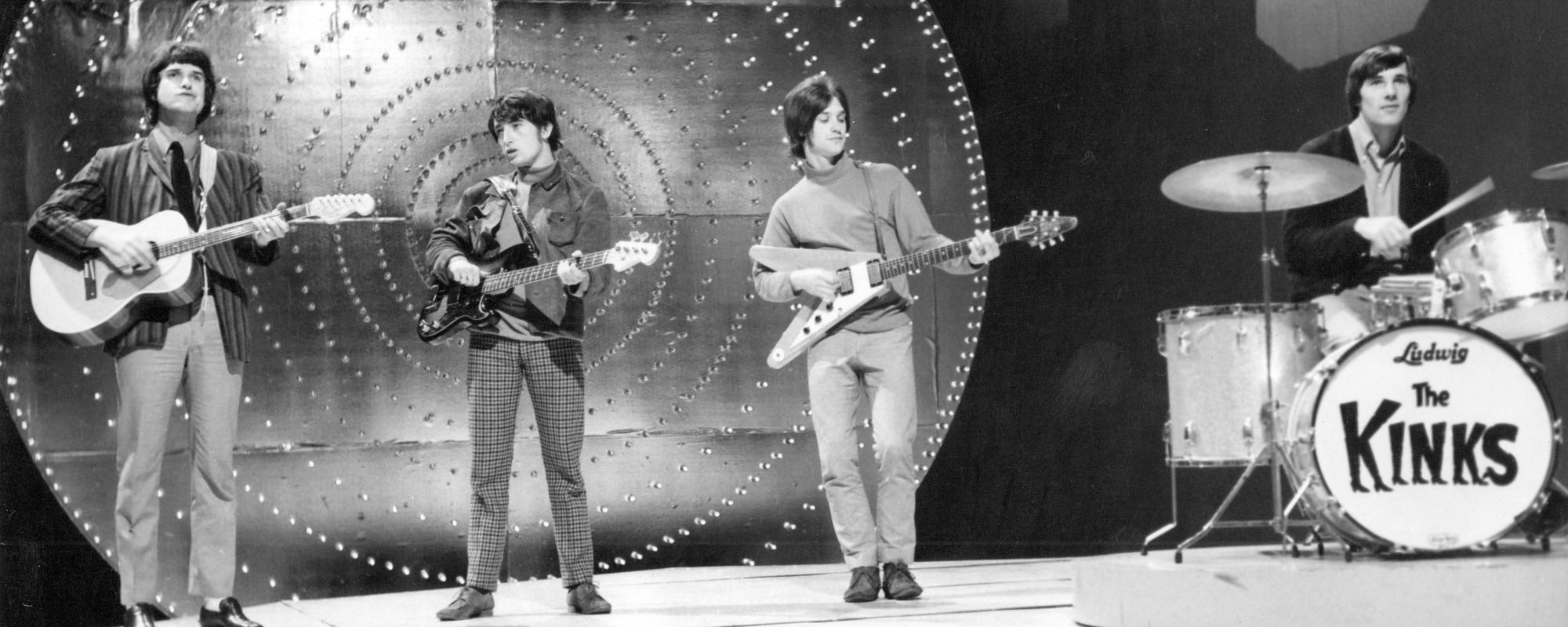Paul McCartney has several songs that were dedicated to his late wife, Linda. The pair were not only marriage partners, but partners in music as well. Their compatibility and love of the quiet life was the onus behind several of McCartney’s best solo works. Among that pack is “Eat At Home.”
Videos by American Songwriter
Check out the meaning behind this up-tempo ode to domesticity, below.
[RELATED: The Song Paul McCartney Wrote as a Dig at John Lennon]
Behind the Meaning of Paul McCartney’s “Eat At Home”
Come on, little lady
Lady, let’s eat at home
Come on, little lady
Lady, let’s eat at home
Eat at home, eat at home
McCartney’s “Eat At Home” has simple origins. Linda, who McCartney called a great cook, allowed the pair to cozy up in bed with a well-made meal in their lap. McCartney found the moment so integral to their lives together, that he penned this tune.
“Linda’s great cooking ultimately inspired her own cookbooks,” McCartney wrote in his book The Lyrics: 1956 to the Present. “So, eating in bed was something we both really liked to do. There were a couple of other things we really liked to do, but that’s for another day.”
Bring the love that you feel for me
Into line with the love I see
And in the morning you bring to me
Love
While the McCartneys were enjoying the quiet life in Scotland post-Beatles, John Lennon and Yoko Ono were out on the frontlines, fighting for societal and political change. McCartney noted the difference between the two couples in his book.
“It’s a very different take on domesticity from that ‘Bed-In for Peace” that John and Yoko had in a hotel room in Amsterdam in 1969,” McCartney continued. “The world represented here is certainly much quieter, conducted without the world’s press.”
McCartney felt assured in his version of life following the whirlwind success of the Fab Four. In the same passage, he called his and Linda’s life “idyllic.”
“Away from the city and business and the press,” McCartney continued. “In some ways it was quite banal. What I liked about it was the simplicity.”
Revisit McCartney’s summation of the simple life, below.
(Photo by Wood/Evening Standard/Getty Images/Hulton Archive)











Leave a Reply
Only members can comment. Become a member. Already a member? Log in.